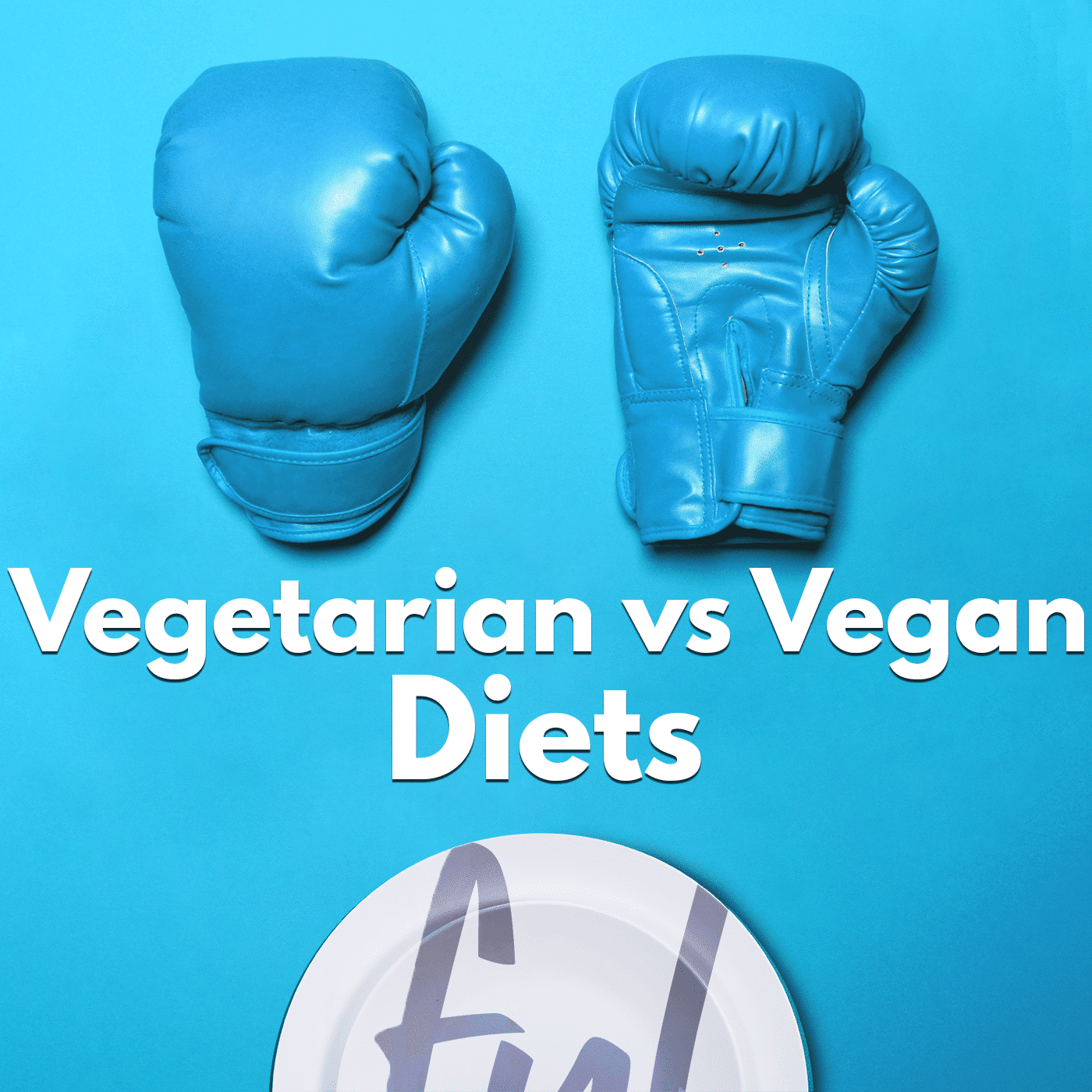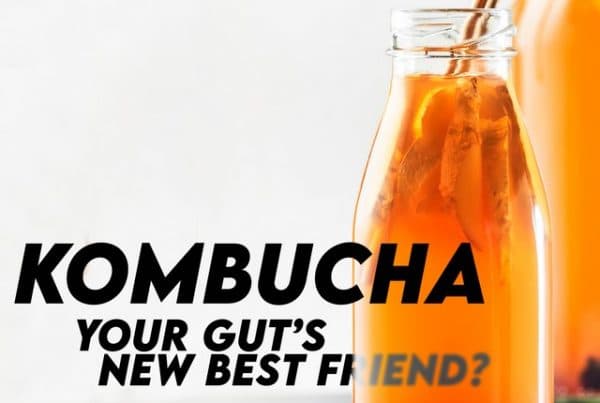‘Plant Based Diet’ is already one of the highest ranking Google searches for 2020. With many Australians wanting to shift away from the consumption of animal products for ethical, environmental or health reasons. So, what’s the difference between a vegetarian and a vegan diet?
Vegetarian vs Vegan
The main difference between a vegetarian diet and a vegan diet is the degree of restriction. A vegetarian diet typically includes dairy products and eggs, whereas a vegan diet excludes ALL animal products, including honey. It is also often thought of as a lifestyle more so than a diet, extending to all aspects of life (for example, avoiding leather goods).
Both vegetarian diets and vegan diets can be well-balanced, meeting general nutrient needs with a little careful planning. The following breakdown outlines nutrients that are often more difficult to obtain when following a vegetarian or vegan diet, along with plant-based alternatives.
Plant-Based Nutrients to Support a Vegetarian or Vegan Diet
Protein
- Tofu, tempeh and soy beans (edamame)
- Legumes e.g. lentils, chickpeas, kidney beans
- Soy milk and yoghurt
- Smaller amounts in wholegrains (e.g. quinoa, brown rice) and nuts/seeds
If following a vegetarian diet, dairy products (milk, yoghurt, cheese) and eggs are also excellent sources of high quality protein.
Iron
- Tofu, tempeh and soy beans (edamame)
- Legumes
- Dark green leafy vegetables (e.g. spinach, kale, Asian greens)
- Dried apricots
- Iron-fortified cereals (e.g. Special K and All-Bran)
- Smaller amounts in wholegrains (especially quinoa and amaranth) and nuts/seeds
If following a vegetarian diet, eggs are also an excellent source of iron.
Vitamin B12
Vitamin B12 commonly needs to be supplemented when following a vegan diet. There are no vegan options with naturally high levels of B12, apart from fortified foods (e.g. nutritional yeast, some soy milks and some breakfast cereals).
If following a vegetarian diet, eggs are an excellent source of vitamin B12.
Calcium
- Calcium fortified milk alternatives. For example, soy milk and almond milk – look for brands offering at least 300mg per 250ml serving.
- Tahini. Unhulled has a higher amount of calcium than hulled varieties.
- Firm calcium-set tofu
- Smaller amounts in nuts/seeds (especially almonds and Brazil nuts)
- Dried apricots
- Figs
- Dark leafy vegetables (such as broccoli and Asian greens)
If following a vegetarian diet, dairy products (milk, yoghurt, cheese) are excellent sources of calcium.
Zinc
- Tofu, tempeh and soy beans (edamame)
- Legumes
- Fortified cereals (e.g. All-Bran)
- Smaller amounts in wholegrain and nuts/seeds
If following a vegetarian diet, eggs are also an excellent source of zinc.
Omega 3 fatty acids
- Chia seeds
- Flaxseeds/linseeds and flaxseed oil (keep these in the fridge and away from sunlight to prevent them going rancid)
- Hemp seeds
- LSA (mixture of Linseeds, Sunflower seeds and Almonds)
- Walnuts
- Some soy milks are also fortified with omega 3 fats
Have a chat with one of our Accredited Practising Dietitians at Fuel Your Life to ensure you are meeting all your key nutrient targets on a vegetarian or vegan diet. Or, bump over to our Facebook or Instagram for more tips and tricks!







